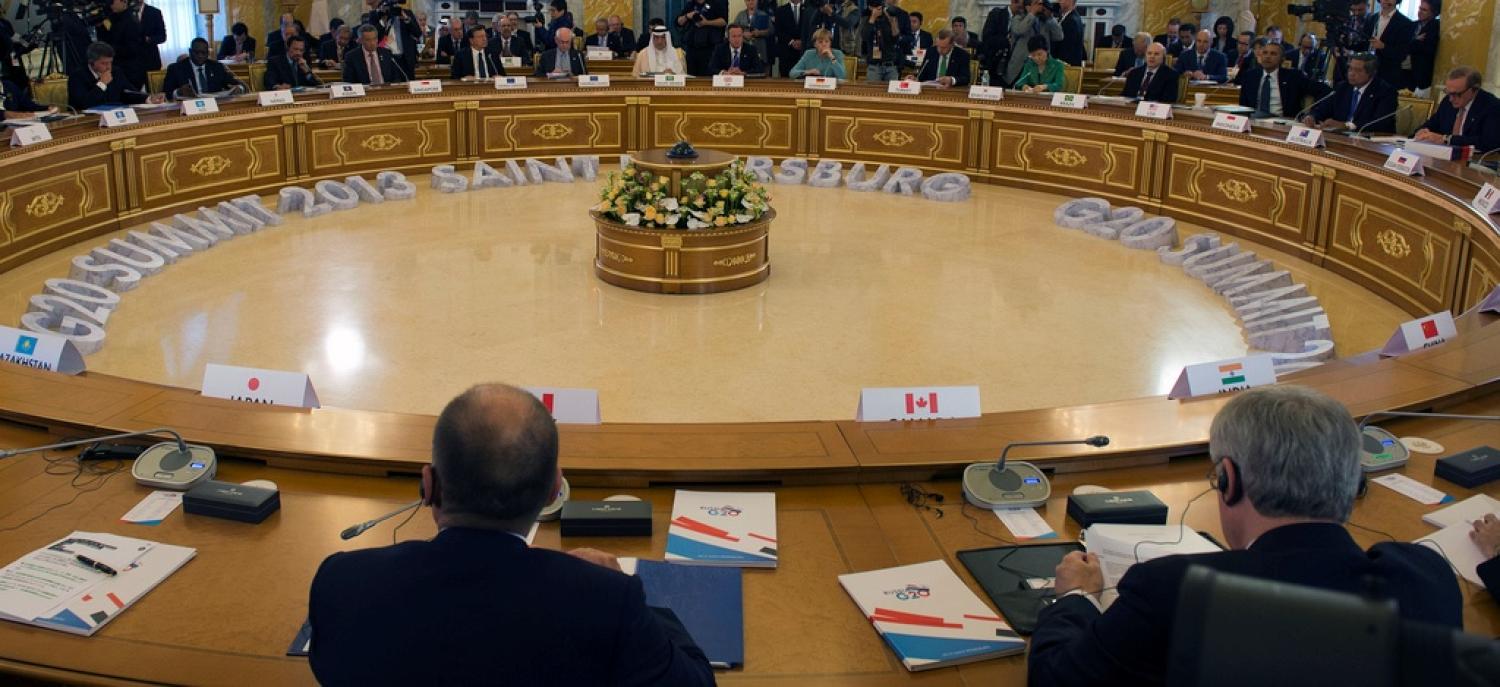The global redistribution of power was a central theme in Coral Bell’s The End of the Vasco de Gama Era. What made this celebrated work so important was Bell understood the need to assess not just the military capability of nation-states but to include issues of political, demographic, technological and economic change. Bell also emphasised the significance of norms, arguing that cuius regio, eius religio ('the ruler gets to make the rules in his own domain') was under serious pressure in the current society of states.
These ideas also feature strongly in her formidable set of monographs, including Negotiation from Strength, The Debatable Alliance, The Conventions of Crisis and A World Out of Balance. However, less well known are four papers she was writing shortly before her death in September 2012. These papers, as yet unpublished, further embodied her deep understanding about the significance of norms for understanding power politics and international relations, and reflected her much understated legacy on Australian strategic studies.
In these papers, Bell, at 89 years of age, continued to raise confronting questions for the 'prospective society of states' in the 21st century. In New Century, New Norms she argued that:
The new world order seems likely to be shaped even more by normative shift than by the multipolar distribution of power…(Norms) are often equated with values, and assumed to be universal, but they are highly specific to particular times and places and even institutions. Moreover, they may change at different speeds in different regions, even within one society.
In a paper on Revolution and Alliances, Bell further emphasised that...
...as if material change were not enough, there is also an ongoing normative shift (a shift in the rules governing behaviour for governments as well as individuals) which is equally or even more revolutionary...In global terms, power is shifting fast from the West to the East.
This led her to argue that the G20’s role in this multipolar order (The G20 and Multipolarity) was to be a 'top crisis-manager for the society of states', particularly with regards to rising powers, as it was...
...merely an association based on consensus among the governments invited to its meetings. They need to know what other governments, especially perhaps those with autocratic systems like China, have on their minds...That informality is a strength, not a weakness.
It also led her to aptly characterise Chinese influence on international politics (China and the Arab Spring):
The norms of Confucianism recently being promoted are not egalitarian but hierarchal, and they have accorded well enough with present policies which constitute in essence state capitalism, run by the top hierarchy of the Chinese Communist Party...The central preoccupation of international politics in the next decade or two is therefore likely to be how to achieve a peaceful and if possible constructive relationship between China and the other great powers, despite Chinese norms remaining quite like the current ones.
Her analysis is ever more significant, since the current debate is dominated by questions of whether countries like Australia can continue to benefit from a US-led 'rules based order', what the real intentions of President Xi Jinping and the Communist Party are, and if countries can reconcile their strategic and economic relationships. Perhaps it is time to return to Bell’s nuanced understanding of the effect of the 'inescapable clash of norms' on decision-makers as we contemplate the new balance of power in Asia.
Lastly, it must be noted that an important legacy of Bell concerns gender. One of the first pieces Des Ball encouraged me to read when we began editing her festschrift was her fifth unpublished paper, a memoir entitled A Preoccupation with Armageddon. Des probably thought I would discover some nuanced understanding of her works. Instead, I latched onto this paragraph:
It had been explained to me with great care when I accepted the appointment (at the Australian Diplomatic Service in 1945) that if I got married, I would be automatically deemed to have resigned. I suppose nowadays that would count as sex discrimination, or even infringement of human rights, but at the time it was standard practice, and I shrugged it off. It was also universally assumed then that to have a child out of wedlock spelt social and professional ruin. Of all the changes I have seen in what is now a very long life, those concerning the status of, and rules for, women seem to me the most radical. No one then believed we could 'have it all.' On the contrary, we were required by our elders to choose between the 'career track' and the 'mommy track' very early in life.
Bell’s achievements are even more significant considering the times she lived in. In an era that produced some of Australia’s great strategic thinkers – JDB Miller, TB Millar, Robert O’Neill, Des Ball and Paul Dibb among others – her name stands out. Not just because Coral Bell was a woman, but because she was a woman who was a leading authority, who had a realist understanding of power politics, and who forged a path for others through her practice and scholarship.
Photo courtesy of Flickr user Number 10.
